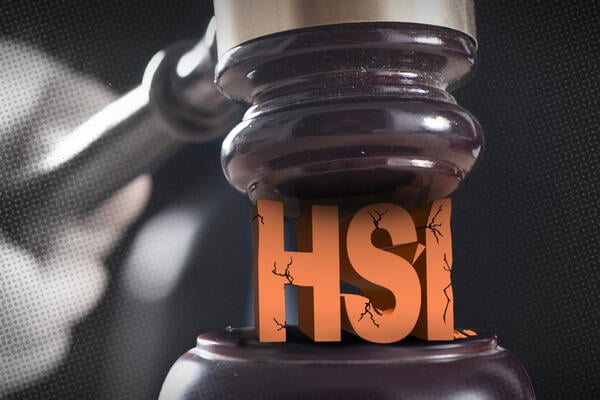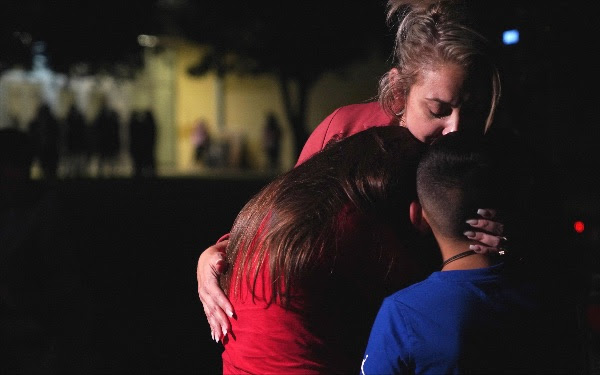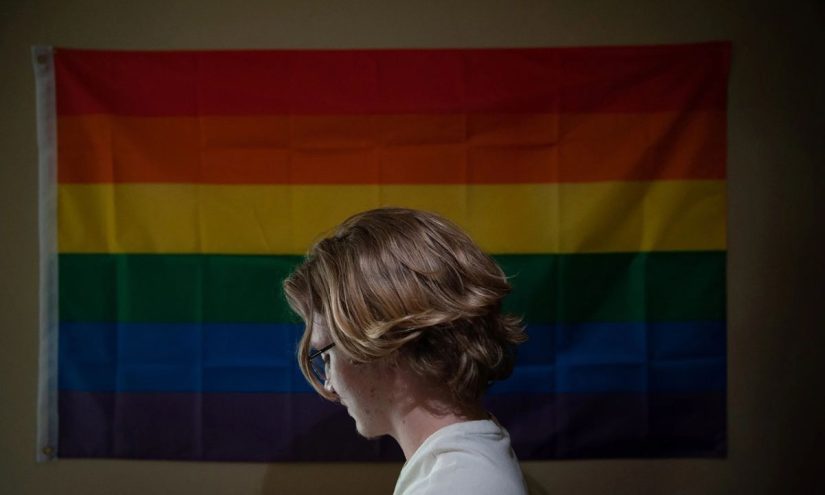Months after beginning to enforce unwritten policies about how faculty members can and cannot teach topics related to gender, Texas Tech University system officials released a memo Monday that officially put those policies—and more—in writing.
“Effective immediately, faculty must not include or advocate in any form course content that conflicts with the following standards,” Chancellor Brandon Creighton wrote in the memo to system presidents, which was passed along to faculty members. The standards include specific rules around race and sexuality that were not previously discussed, system faculty members told Inside Higher Ed. The memo also enshrines that the Texas Tech system recognizes only two sexes—male and female.
The fuzzy anti-trans policies that were first introduced via a game of censorship telephone at Angelo State University in September have now been made clear and expanded upon across the entire five-university Texas Tech system. Course content related to race and sexuality is now also subject to heightened scrutiny. Although the memo doesn’t ban outright discussion of transgender topics or any topics that suggest there are more than two genders, policies across the country stating that there are only two sexes or genders have been used to restrict transgender rights.
Texas Tech is far from alone in its efforts; public systems across Texas have taken on varying politically motivated course reviews, leaving faculty members in the state angry and confused. For example, the University of Texas system recently completed a review of all courses on gender identity, and the Texas A&M system board approved a new policy last month mandating presidential approval for classes that “advocate race or gender ideology, sexual orientation, or gender identity.”
According to Creighton’s memo, faculty members may not “promote” or instill the belief that one race or sex is superior to another; that an individual is, consciously or unconsciously, inherently racist, sexist or “oppressive”; that any person should be discriminated against because of their race or sex; that moral character is determined by race or sex; that individuals bear responsibility or guilt because of the actions by others of the same race or sex; or that meritocracy or a strong work ethic are racist, sexist or “constructs of oppression.”
Creighton defined advocacy as “presenting these beliefs as correct or required and pressuring students to affirm them, rather than analyzing or critiquing them as one viewpoint among others. This also includes course content that promotes activism on issues related to race or sex, rather than academic instruction.”
The memo also outlines a Board of Regents–controlled review process, complete with a flowchart, for courses that include content related to gender identity and sexuality. Although race is mentioned earlier in the memo, it’s unclear whether race-related course content will also be subject to this review.
“We’ve been in this slow rollout process already. We had to go through all of the courses and essentially do the flowchart before the flowchart existed,” said a faculty member at Angelo State who wished to remain anonymous for fear of retribution. “Anything that would cover transgender [people] was flagged.”
Creighton, a former member of the Texas State Senate, justified the new rules using Senate Bill 37, a law he sponsored earlier this year that, among other things, gave the control of faculty senates to public institution governing boards and established a once-every-five-years review process for general education curricula. An earlier version of the bill that passed the Senate contained language that’s very similar to the restrictions in the Texas Tech memo, including censoring specific course topics that suggest any social, political or religious belief is superior to another and allowing administrators to unilaterally remove faculty senate members for their personal political advocacy. The existing law does not prohibit teaching about transgender identity, racial inequality, systemic racism, homosexuality or any other individual topic.
“This directive is the first step of the Board of Regents’ ongoing implementation of its statutory responsibility to review and oversee curriculum under Senate Bill 37 and related provisions of the Education Code. This curriculum review under Senate Bill 37 will, in part, ensure each university is offering degrees of value,” Creighton wrote.
Texas Tech University system spokespeople did not respond to Inside Higher Ed’s questions about the memo, including what next steps might be.
“The Board’s responsibility is to safeguard the integrity of our academic mission and maintain the trust of Texans,” Board of Regents chairman Cody Campbell said in a news release. “The Board welcomed the clarity provided by Senate Bill 37, which reaffirmed the Regents’ role in curriculum oversight. This new framework strengthens accountability, supports our faculty, and ensures that our universities remain focused on education, research, and innovation—core commitments that position the TTU System for continued national leadership.”
Faculty across the system are largely upset about the changes but unsure about how to push back, a faculty member told Inside Higher Ed. One Texas Tech professor emeritus, Kelli Cargile Cook, told The Texas Tribune she began drafting a resignation letter.
“I’ve been teaching since 1981 and this was going to be my last class. I was so looking forward to working with the seniors in our major, but I can’t stomach what’s going on at Texas Tech,” she told the Tribune. “I think the memo is cunning in that the beliefs that it lists are, at face value, something you could agree with. But when you think about how this would be put into practice, where a Board of Regents approves a curriculum—people who are politically appointed, not educated, not researchers—that move is a slippery slope.”
Brian Evans, president of the Texas chapter of the American Association of University Professors, criticized the memo Tuesday.
“Empowering administrators to censor faculty experts’ teaching decisions does a disservice to the university, its students and the state,” Evans said. “Such a system is inconsistent with long-standing principles of academic freedom, university policy and the First Amendment.”
Graham Piro, faculty legal defense fund fellow for campus advocacy at the Foundation for Individual Rights and Expression, decried the memo in a statement Tuesday.
“The Texas Tech memo unconstitutionally singles out specific viewpoints on these topics, implying that faculty members must adhere to the state’s line on these issues—and that dissenters face punishment. The memo is also so broadly worded that an overzealous administration could easily punish a professor who seeks to provoke arguments in class or advocates outside the classroom for changes to curricula that reflect developments in teaching,” Piro said.
“Decades ago, the Supreme Court recognized that the First Amendment ‘does not tolerate laws that cast a pall of orthodoxy over the classroom.’ It instead wrote that ‘truth’ is discovered not by ‘authoritative selection,’ but ‘out of a multitude of tongues.’ These principles are timeless, and Texas Tech should not compromise them, no matter the political winds of the day.”
He also likened the memo to Florida’s Stop WOKE Act, currently blocked by a federal court, which severely limited how Florida faculty members could talk and teach about race, gender and sexuality.











